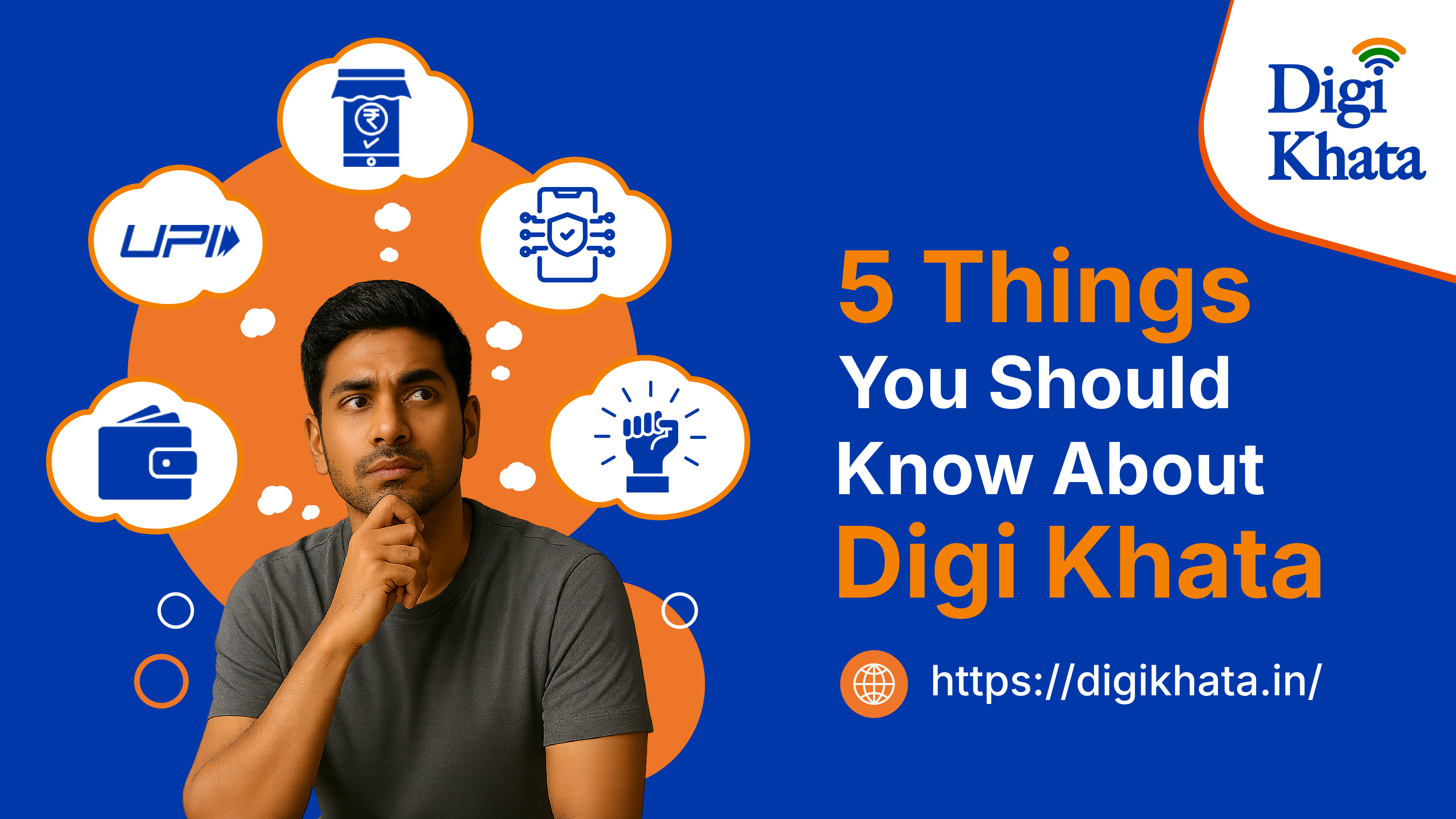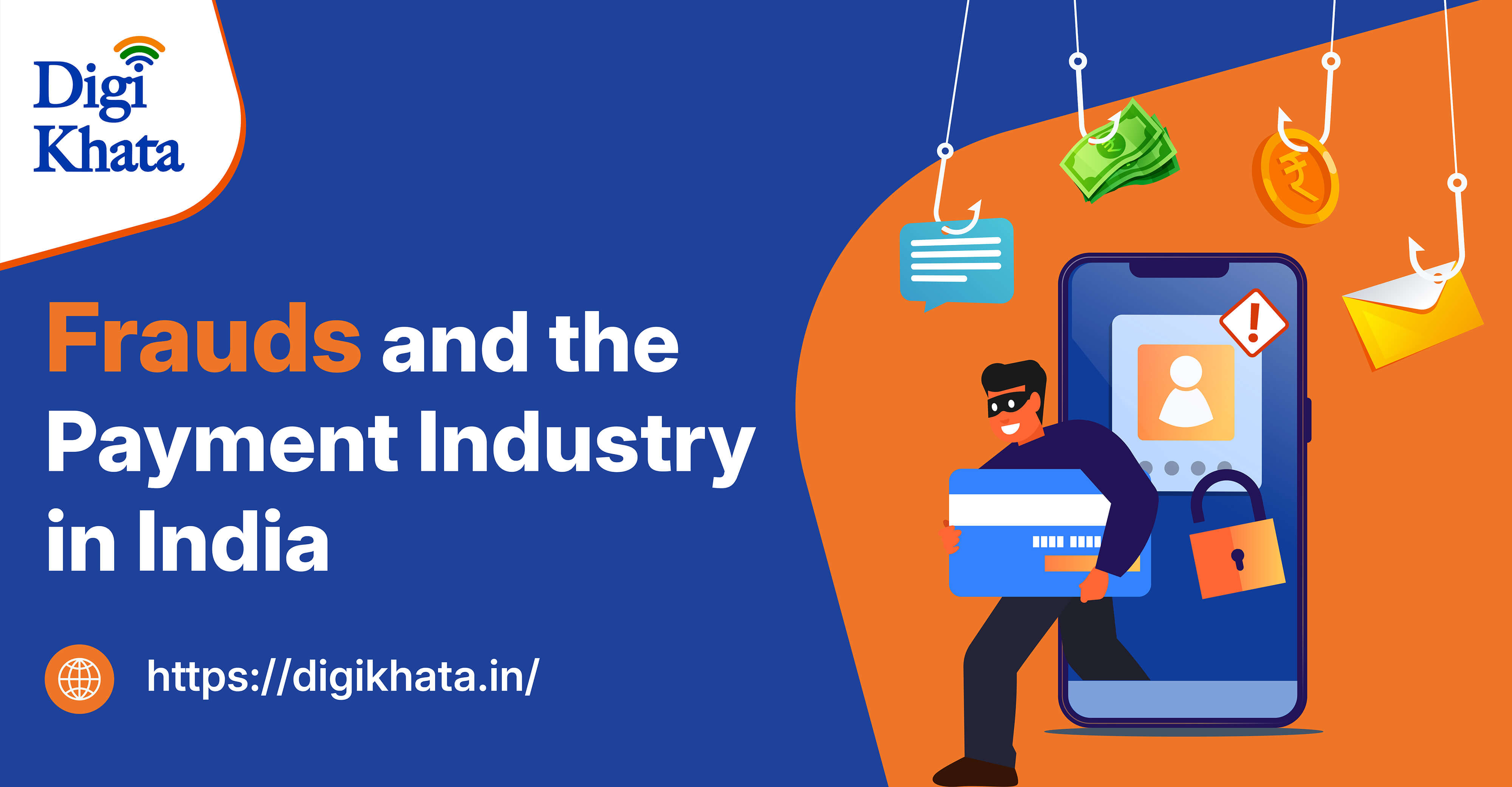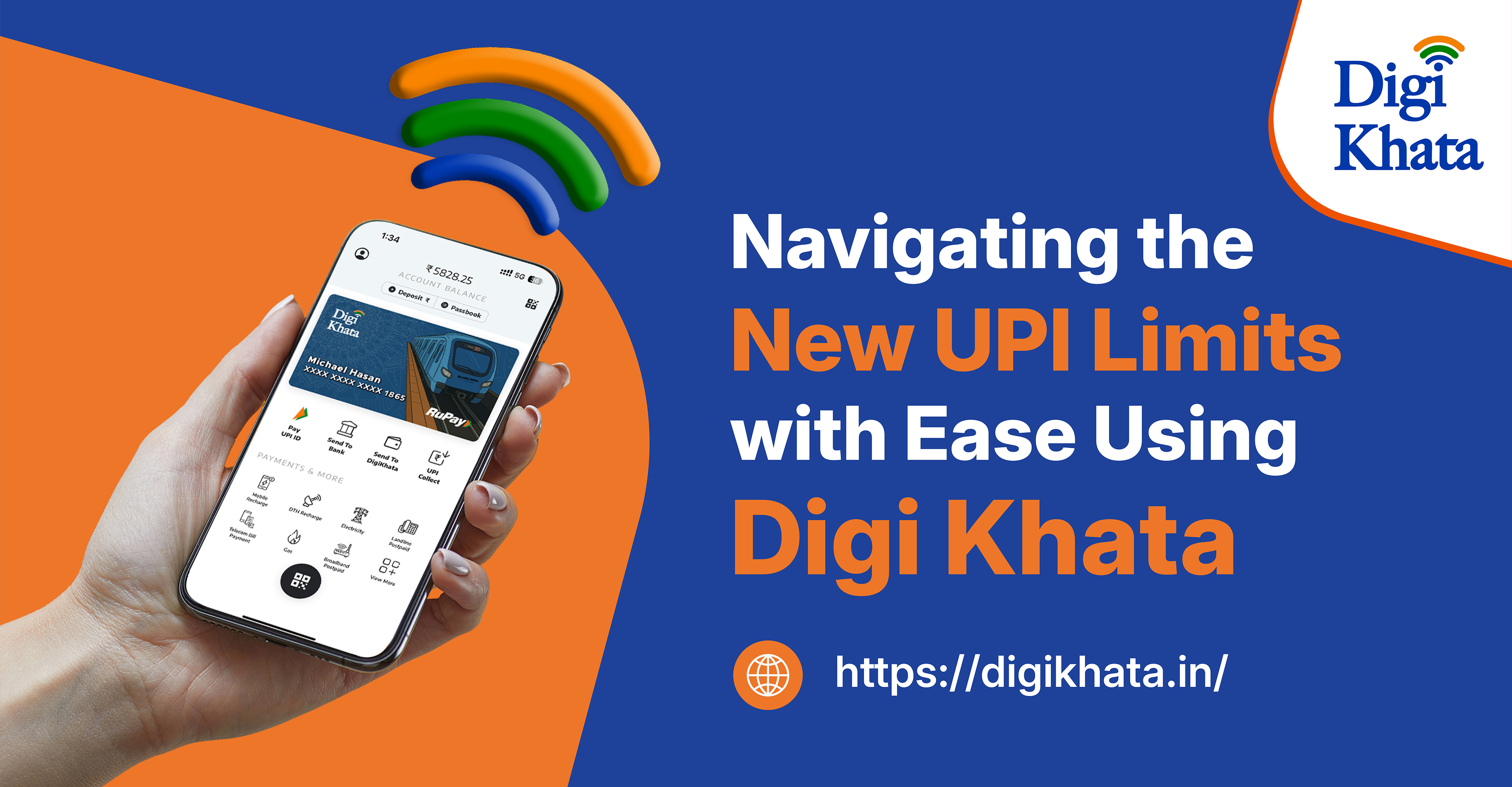Jun 15, 2024
Understanding, Detecting, and Evading Lottery Scams: A Comprehensive Guide

Lottery scams are a pervasive form of fraud that targets individuals with the promise of large winnings. Despite ongoing efforts to educate the public, these scams continue to evolve, becoming more sophisticated and harder to detect. With the increasing prevalence of digital communication, lottery scams have found new avenues to reach unsuspecting victims. This comprehensive guide aims to provide you with the knowledge needed to understand, detect, and evade lottery scams effectively.
Understanding Lottery Scams
Lottery scams operate by convincing victims that they have won a prize in a lottery they never entered. The scammer's goal is to extract money or personal information from the victim under the guise of processing fees, taxes, or other expenses required to claim the prize. These scams can take various forms, including emails, phone calls, social media messages, and letters, each designed to appear legitimate and urgent.
A typical feature of lottery scams is the use of language and branding that sounds official. Scammers often imitate well-known lottery organizations, using logos and branding to lend credibility to their fraudulent claims. They may also use tactics such as creating a sense of urgency, pressuring the victim to act quickly to avoid missing out on the prize.
Why is it important to grasp the workings of lottery scams in today's digital age?
In today's digital age, communication has become instantaneous and far-reaching. While this has many benefits, it also provides scammers with numerous channels to reach potential victims. Understanding lottery scams is crucial for several reasons:
Increased Vulnerability: With the proliferation of online communication, individuals are more exposed to potential scams. Email, social media, and instant messaging provide scammers with direct access to a vast audience.
Sophistication of Scams: Modern lottery scams are increasingly sophisticated, using advanced techniques to create convincing and elaborate frauds. Scammers often use technology to mimic legitimate communications, making it harder for victims to discern the truth.
Financial and Emotional Impact: Falling victim to a lottery scam can have severe financial consequences, including the loss of money and personal information. Furthermore, the emotional toll of being scammed can result in stress, anxiety, and a loss of trust. Global Reach: The internet empowers scammers to operate internationally, creating significant challenges for authorities in tracking and apprehending them. This global reach increases the risk and complexity of lottery scams. Preventative Measures: By understanding how lottery scams work, individuals can take proactive steps to protect themselves. Raising awareness and providing education are crucial in preventing people from becoming victims.
Types of Lottery Scams
Lottery scams can take various forms, each with its own set of tactics and strategies. Here are some common types of lottery scams:
Email Scams: Victims may receive fraudulent emails informing them that they have won a substantial amount of money in an overseas lottery, prompting them to divulge personal information or send money to claim their prize. These emails often look official, featuring logos, seals, and formal language. The email instructs the recipient to pay a fee or provide personal information to claim the prize.
Phone Scams: Scammers call victims, informing them of their lottery win and instructing them to pay a fee or provide personal information. The callers often use high-pressure tactics to create a sense of urgency and compliance.
Social Media Scams: Fraudsters use social media platforms to contact victims, announcing their lottery win and requesting fees or personal information. These scams often involve impersonating friends or family members to gain trust.
Letter Scams: Victims receive letters claiming they have won a lottery, complete with fake checks or certificates. The letters instruct recipients to pay taxes or fees to release their winnings. The official-looking documents add a layer of legitimacy to the scam.
SMS Scams: Scammers send text messages informing recipients that they have won a lottery and need to follow a link or call a number to claim their prize. These messages often contain malware links or lead to premium-rate phone numbers.
Phishing Scams: These scams involve fraudulent websites that mimic legitimate lottery sites. Victims are directed to these sites to claim their prize, where they are asked to enter personal and financial information.
Advanced Fee Scams: In these scams, victims are informed that they need to pay an upfront fee to cover taxes, legal fees, or processing costs before they can receive their winnings. After the victim pays the fee, the scammer vanishes without a trace, leaving the victim deceived and out of pocket.
Fake Charity Lotteries: Scammers claim to represent a charity lottery, asking victims to buy tickets or make a donation to win a prize. These scams exploit the victim's goodwill and desire to support charitable causes.
Detecting Lottery Scams
To protect yourself from lottery scams, it is essential to recognize the warning signs. Here are some key indicators that you might be dealing with a lottery scam:
Unsolicited Contact: If you receive a notification of winning a lottery you did not enter, it is almost certainly a scam. Legitimate lotteries do not notify winners through unsolicited emails, phone calls, or messages.
Request for Payment: Legitimate lotteries do not require winners to pay fees upfront to claim their prize. Any request for payment is a major red flag.
Pressure to Act Quickly: Scammers often create a sense of urgency, claiming the prize must be claimed within a short time frame or it will be forfeited. This tactic is designed to prevent you from thinking critically about the situation.
Poor Grammar and Spelling: Many scam communications are riddled with spelling and grammatical errors, which can be a telltale sign of fraud.
Suspicious Email Addresses: Be vigilant in scrutinizing the sender's email address. Scammers frequently use addresses that mimic official ones but contain slight alterations. For instance, an email purportedly from "lottery@officialsite.com" could be a scam if the authentic lottery uses "lottery@official.com."
Conclusion
In conclusion, Understanding, detecting, and evading lottery scams is crucial in today's digital age to prevent severe financial and emotional consequences. By being aware of scammers' tactics and following proactive measures like those outlined by Digi Khata, you can protect yourself and loved ones. Exercise caution, verify message legitimacy, and report suspected scams promptly to reduce the risk of becoming a victim. Digi Khata offers various services, including free digital account opening, instant account opening, and online kiosk banking, catering to students, professionals, housewives, and elders with options like zero balance accounts and open minimum balance accounts.
 Dec 02, 2025
Dec 02, 2025
 Sep 16, 2025
Sep 16, 2025
 Aug 28, 2025
Aug 28, 2025

